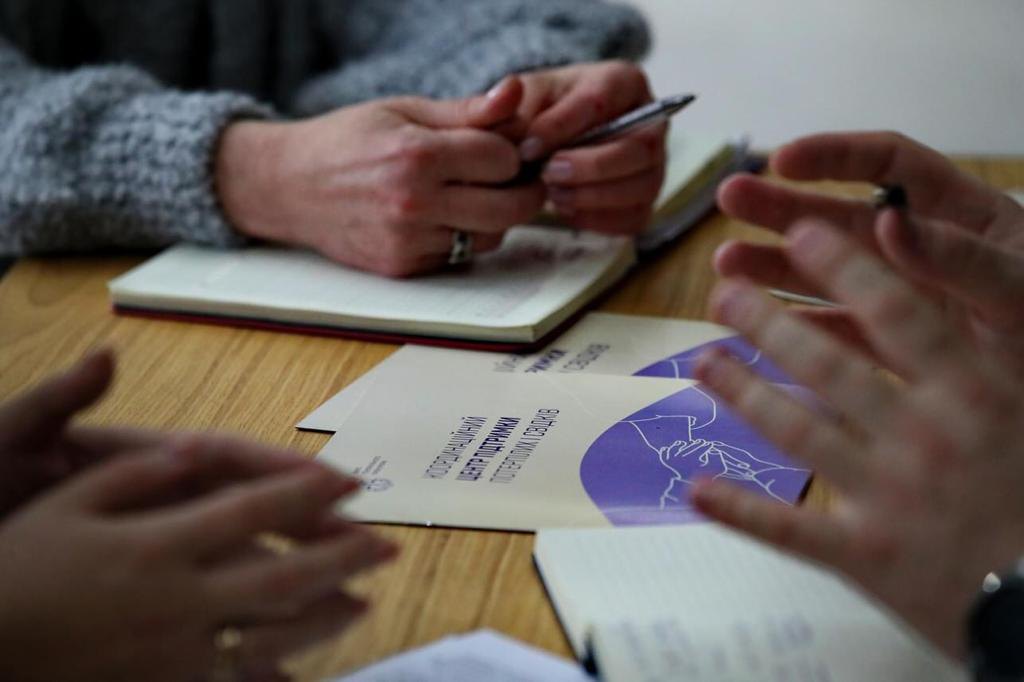
Official statistics are slow but growing
According to information provided to LB.ua by the Office of the Prosecutor General, 376 cases of sexual violence have been officially recorded since the start of the full-scale invasion until 1 September 2025. In particular, 137 involved men, 239 involved women, including 19 underage girls and one underage boy.
The highest number of cases of sexual violence was recorded in the Kherson Region — 116. In Donetsk — 87, Kyiv — 60, Kharkiv — 47, Zaporizhzhya — 27, Mykolayiv — 11, Luhansk — 10, Chernihiv — 8, Odesa — 6, Sumy — 3, Autonomous Republic of Crimea — 1.
According to the Office of the Prosecutor General, the crimes include rape, mutilation or violence against sexual organs, forced nudity, threats and attempted rape, coercion to watch sexual abuse of loved ones, etc.
All this information concerns crimes committed exclusively against the civilian population. Data on military personnel is not included and will not be made public until the end of martial law.
However, the Office of the Prosecutor General and human rights activists are convinced that the real scale of crimes against humanity is many times greater.
Unfortunately, victims often do not report to the National Police and the Office of the Prosecutor General of Ukraine due to social stigma and fear of re-traumatisation. However, Ukrainian prosecutors are undergoing training with the help of international partners to ensure they do not cause further harm. Testimony is documented in accordance with the Murad Code, assures Anna Sosonska, head of the Office of the Prosecutor General's Department for CRSV crimes.
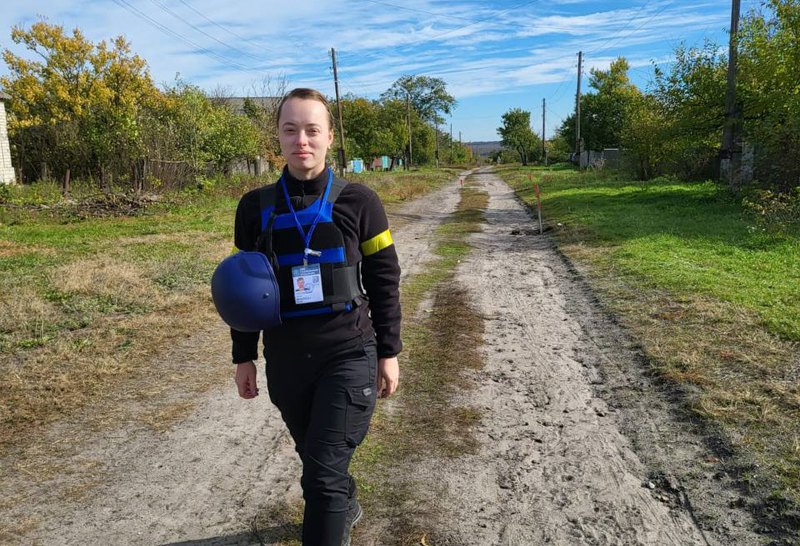
According to her, the Office has a Coordination Centre for the Support of Victims and Witnesses of War Crimes, which provides free psychological and legal assistance and medical support.
Why was financial assistance stopped?
Until recently, financial assistance to victims of CRSV was provided as part of a pilot project by the Ukrainian government and the Global Survivors Fund. It ran from May 2024 to early summer 2025 and provided €3,000 in emergency reparations to each victim.
A total of 1,208 applications were submitted to the project (819 men, 362 women, 27 children). Payments were approved for 688 (426 men, 248 women, 14 children). A total of 634 people received payments, Fedir Dunebabin, joint representative in Ukraine of the Denis Mukwege Fund and the Global Survivors Fund (GSF), told LB.ua.
However, international donors stopped funding in May 2025. As a result, hundreds of applications remain unpaid, Fedir Dunebabin emphasises.
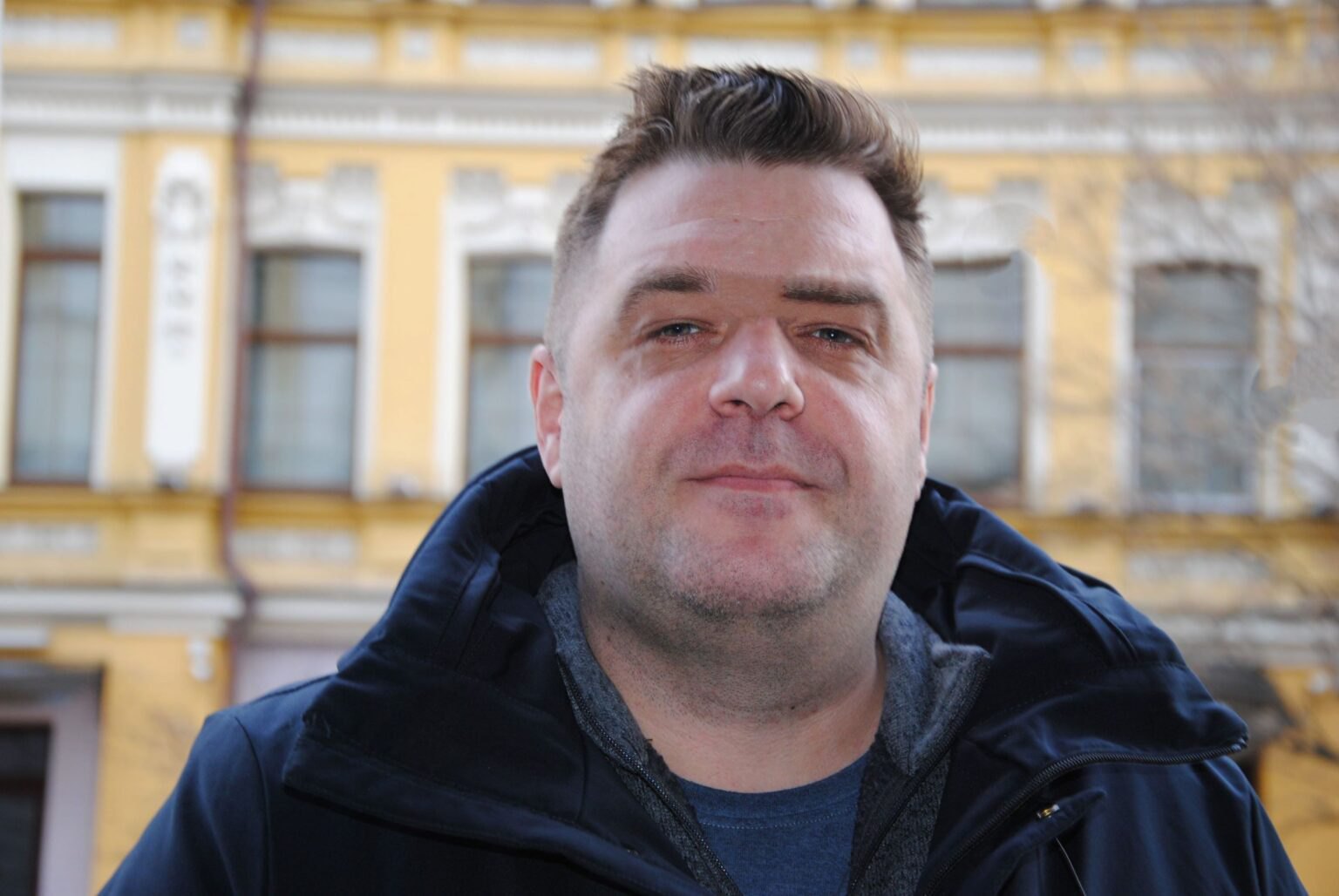
There is a law, but it does not work
On 18 June 2025, a law came into force requiring the Ministry of Social Policy to create a Unified Register of Victims of Sexual Violence for Reparations. According to Article 7 of the law, a person who has suffered sexual violence related to the Russian Federation's armed aggression against Ukraine is entitled to receive urgent interim reparations, including, in particular the right to free rehabilitation, including a range of medical, psychosocial and other measures aimed at restoring the physical and psychological condition and social functions of the victim; the right to receive urgent cash payments, the amount of which is to be determined by the government. As well as free legal aid and temporary shelter for safe accommodation if necessary.
However, it is already September, and the Ministry of Social Policy has not yet set up a commission to receive applications from victims and determine the amount of reparations and payments.
The Ministry of Social Policy did not respond to LB.ua's request on 26 August asking for an explanation for the delay, despite repeated reminders.
Further reparations under this law, if it ever comes into force, are to be paid not from the state budget of Ukraine, but from the funds of international financial organisations, other creditors and investors; international technical and/or repayable or non-repayable financial assistance and other sources.
However, at present, Ukrainians affected by the CRSV are effectively left without financial assistance, even though they need it. We will illustrate this with specific examples.
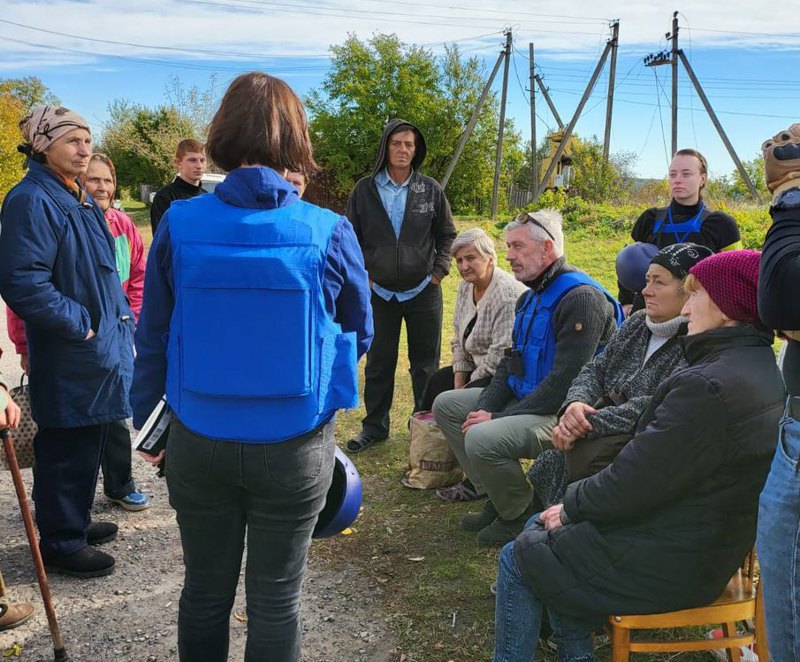
Larysa (name changed at the request of the victim), 41, Kyiv Region
On 13 March 2022, two armed and intoxicated Russian soldiers entered Larysa's parents' house in an occupied village. They sexually assaulted the woman, who was three months pregnant, as well as her son's fiancée. The next day, they brought in her 21-year-old son and repeated the assault in front of him.
After the de-occupation of the Kyiv Region, Larysa immediately contacted the National Police and the Office of the Prosecutor General. There she received initial medical, psychological and legal assistance. When Larysa was staying at a shelter for victims in Ivano-Frankivsk last year, the Andreyev Family Charitable Foundation advised her to fill out a questionnaire in order to receive initial emergency reparations — three thousand euros as part of the Ukrainian government's Global Survivors Fund pilot project.
‘I filled out the questionnaire about what happened to me right there at the shelter. There were no additional interviews with project representatives. I received the money on my card in a month and a half. I used it to buy things for my child, a sofa, clothes, and spent it on medical treatment,’ the woman told LB.ua.
According to Larysa, she has not received any further financial assistance directly from the state. However, she desperately needs it, as she wants to leave the Kyiv Region with her child for the winter, as it is attacked by Russian drones almost every night.
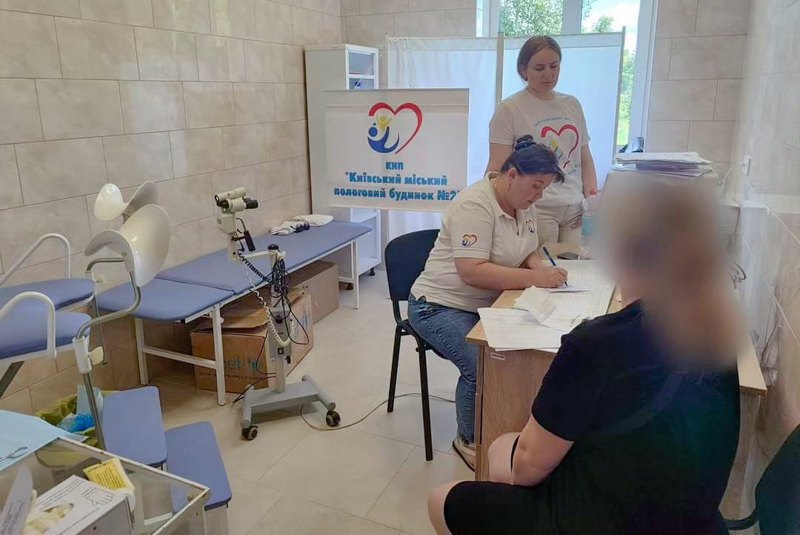
Oleksiy Sivak, head of the NGO ‘Graduates’, former civilian prisoner. At the time of the crime against him, he was 37 years old, Kherson Region
On 25 August 2022, after demonstrations with Ukrainian flags, Oleksiy was captured by Russians and collaborators in the then-occupied Kherson Region. He was held in a basement for 57 days and tortured.
‘They beat me for everything. They connected wires with electricity to my ears and genitals. In the cell, we could hear the screams from below and knew when someone was being tortured with electricity,’ he recalls.
Oleksiy was one of the first participants in a pilot project to pay reparations. According to him, representatives of the project took his testimony using a standard questionnaire form. ‘The money arrived in two weeks. For other guys who also suffered from CRSV, it took about a month,’ he told LB.ua.
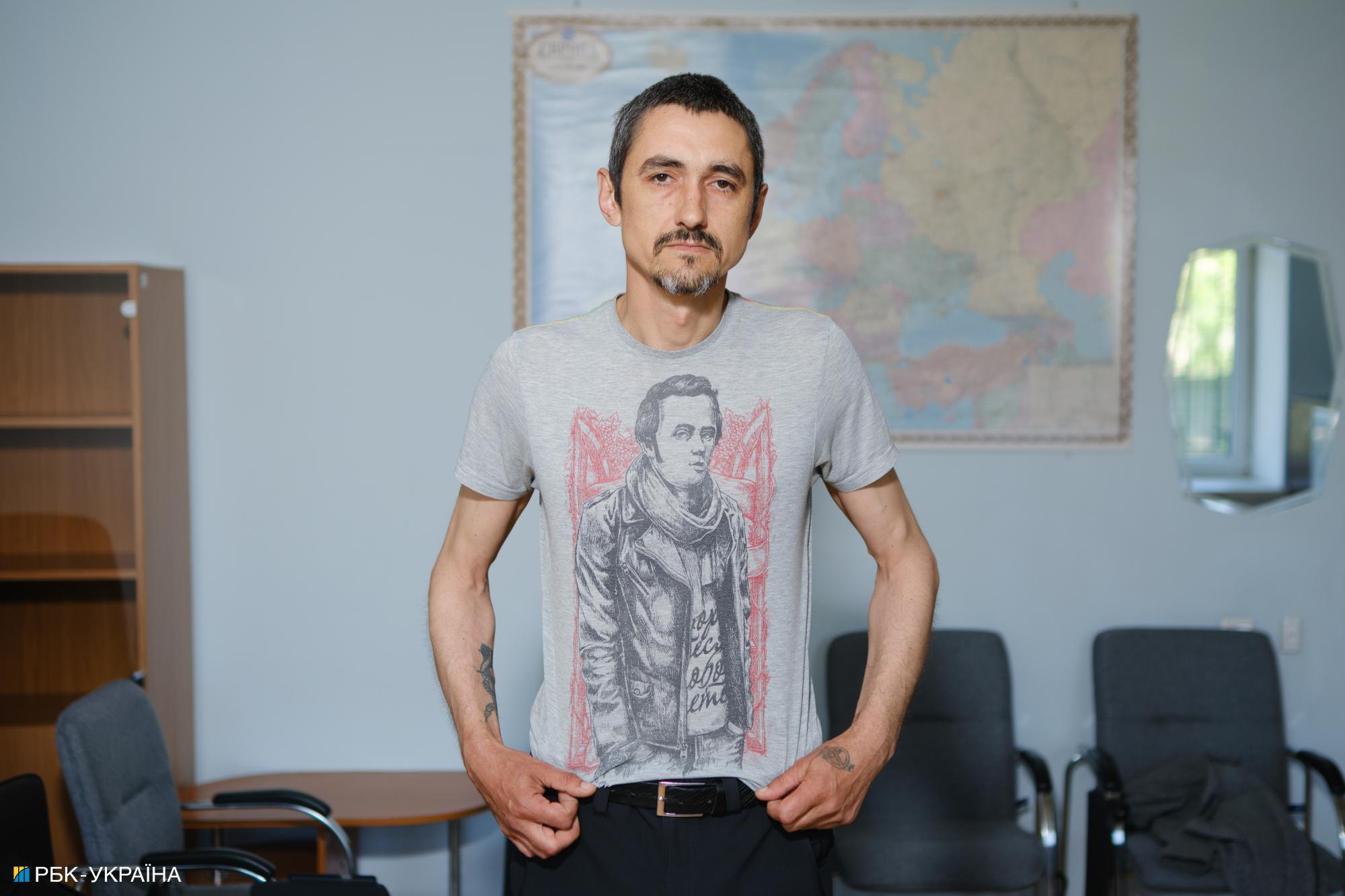
However, there is no financial assistance from the state, says Oleksiy Sivak. In practice, the law has not been implemented, and the pilot project is no longer being funded. Although, as the head of the NGO, he is approached by victims of the CRSV with questions about how to obtain reparations.
Bohdan Pervachuk — Chairman of the Board of the NGO ‘BAzhaemoMyru’ and the NGO ‘Civilian Prisoners’, coordinator of the civilian prisoners network
Volunteer from Balakliya. In April 2022, during the evacuation, his convoy was detained by the Russians. Bohdan endured beatings, forced nudity, torture, and detention in a basement in inhumane conditions. After his release, he suffered from anxiety and insomnia, but he did not give up volunteering.
According to him, only a pilot project actually helped him — it paid reparations. ‘An interview, consent to personal data — and payment in two weeks. Fast and without bureaucracy,’ the volunteer told LB.ua.
Bogdan recently sent a letter to the Ministry of Social Policy, which is responsible for enforcing the law on protection and payments to victims of CRSV. The response was: ‘Regulatory and legal acts are being developed.’ They also advised him to submit an electronic application under category A2.4 ‘Sexual violence’ through the Diya portal as part of the Register of Damage Caused by Russian Aggression. However, payments under this register are contingent on the uncertain future confiscation of Russian assets for Ukraine.
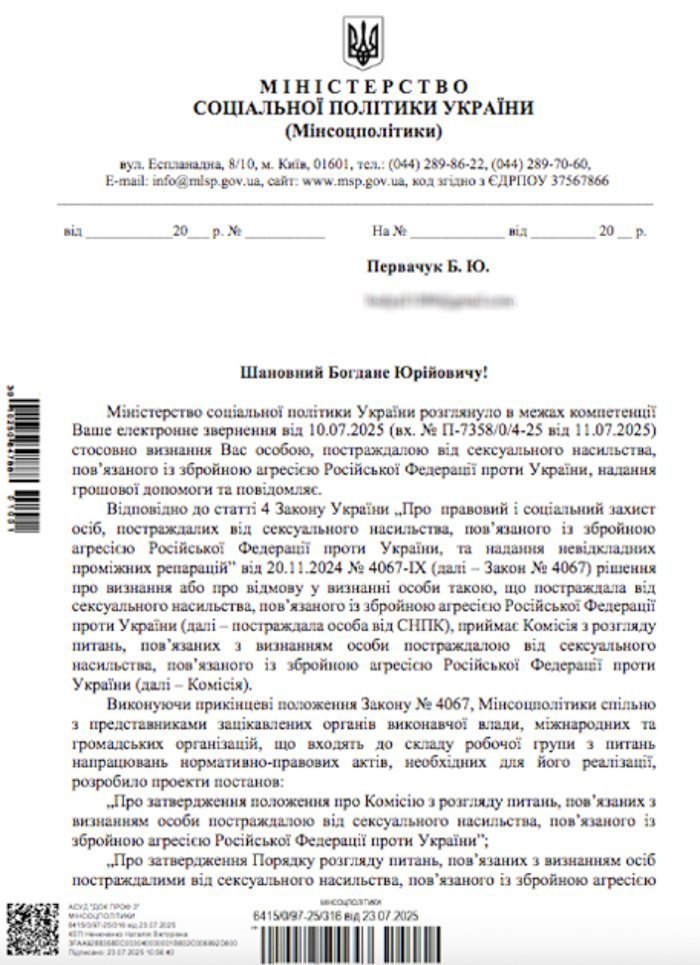
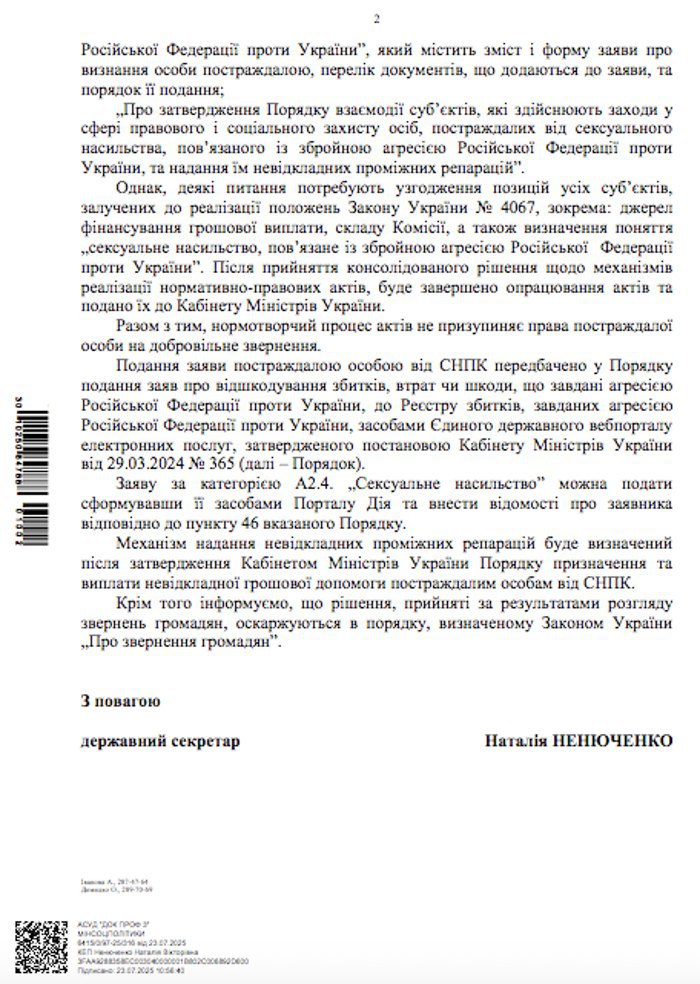
Why are there more claims for reparations than official criminal cases?
There are four times fewer officially recorded cases of sexual violence than claims for reparations. Kateryna Levchenko, the government's representative for gender policy and chair of the supervisory board for the urgent first reparations project, explains this by saying that victims of CRSV primarily want to see concrete results. At the same time, there is little hope of bringing the perpetrators to justice, as they are either in Russia or have already been killed.
Kateryna Levchenko emphasised to LB.ua that everyone who submitted applications within the pilot reparations project was also advised to contact law enforcement agencies. And 18 people agreed to testify to investigators after participating in the pilot.
There's also the issue of how the crimes are officially classified: 70% of the victims experienced sexual violence while in captivity. They often describe it as torture, without mentioning the details of the sexual violence. Because of this, law enforcement doesn't always officially record sexual violence, says Levchenko.
One of the latest examples of investigators not asking about sexual violence in captivity is the experience of journalist Dmytro Khylyuk. The former captive told LB.ua that ‘they didn't even ask, even though forced nudity and threats were constant.’
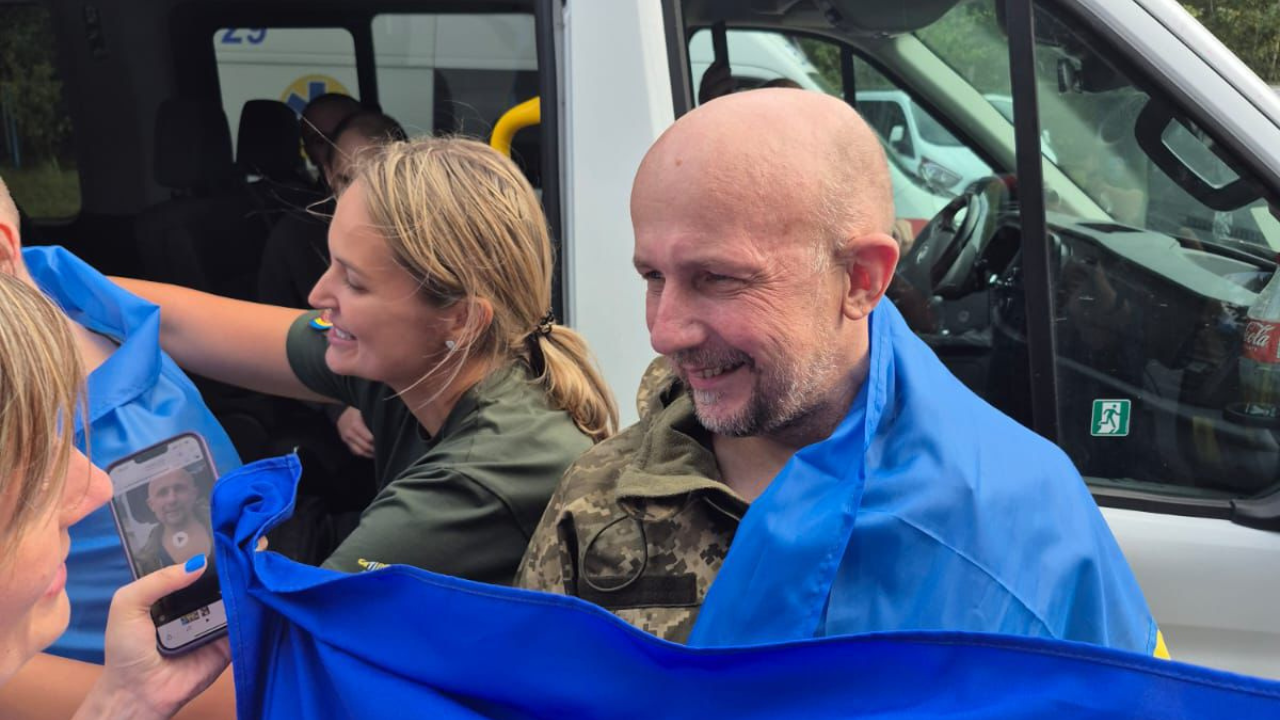
When asked by LB.ua about this specific situation, the Prosecutor General's Office advised Khylyuk to write an official letter describing the crimes committed by the CRSV in order to open proceedings, and then to contact the Ministry of Social Policy.
In this situation, Kateryna Levchenko still hopes for the resumption of financial assistance from international partners. ‘As soon as the resources are available, we will resume accepting documents,’ she promised.
The stories of Larysa, Oleksiy, and Bohdan show that the system can work quickly and humanely, as in the GSF pilot project. But the state assistance mechanism is currently stalling. And until Ukraine and its partners find sustainable financial solutions, hundreds of people will remain alone with their trauma.








